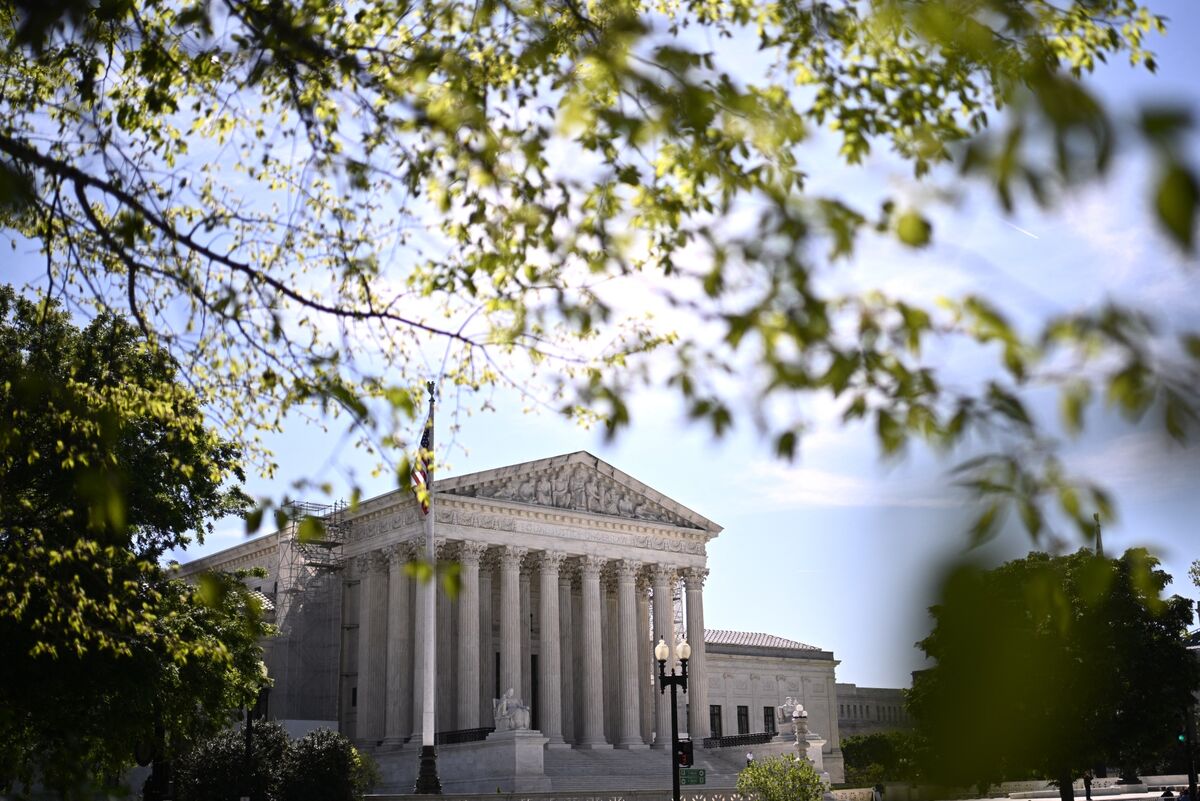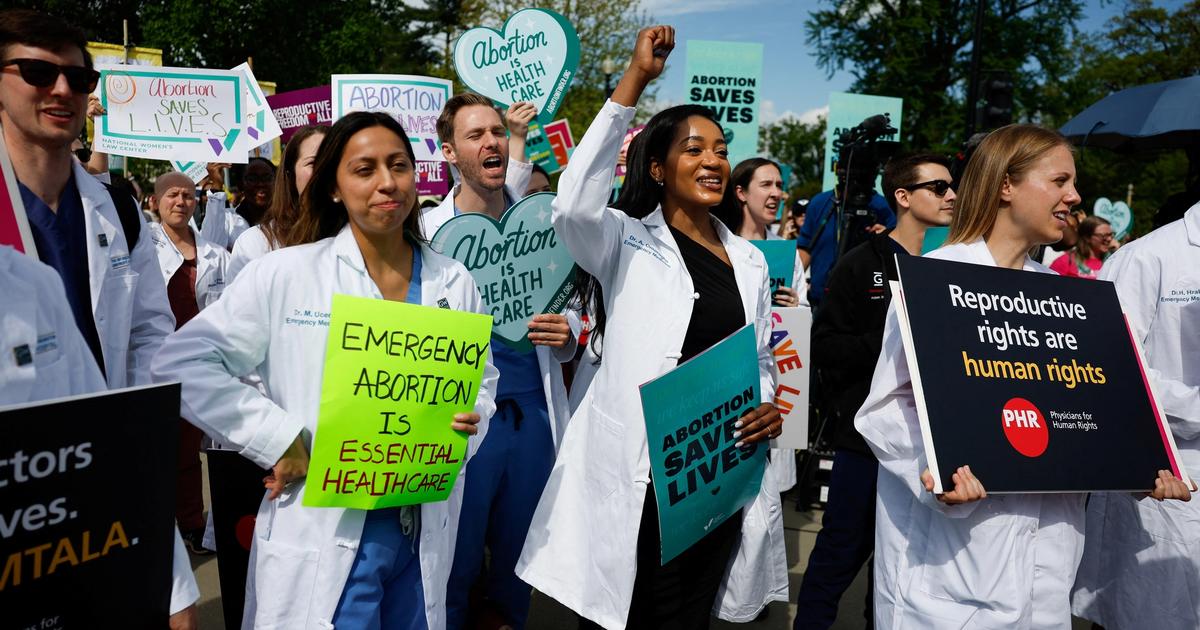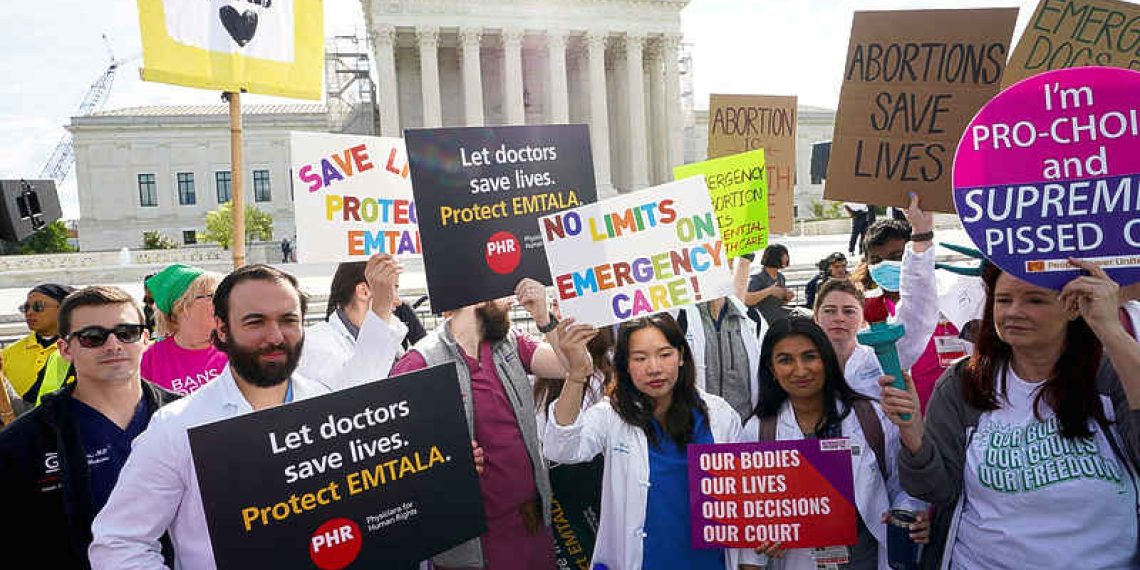In a heated session, the U.S. Supreme Court tackled the clash between Idaho‘s stringent abortion ban and federal emergency care legislation on Wednesday.
The court’s conservative majority appeared split on the issue, with no clear consensus emerging during the arguments.
Idaho officials appealed a lower court’s ruling, which favored the federal Emergency Medical Treatment and Labor Act (EMTALA) over the state’s near-total abortion ban in specific emergency scenarios.

The Biden administration, backing the federal law, urged the justices to uphold the previous decision.
Conservative justices raised concerns over the scope of federal law in protecting “unborn children” and questioned whether Congress explicitly mandated abortion provisions in emergency cases under EMTALA.
Justice Brett Kavanaugh probed the administration’s stance on the law’s intent, focusing on preventing patient dumping rather than dictating specific medical procedures.
The case marks a return to the contentious legal terrain following the Supreme Court’s 2022 decision overturning Roe v. Wade, which legalized abortion nationwide.
Idaho’s abortion ban, enacted in 2020, lacks exceptions beyond preventing the mother’s death, raising constitutional challenges.
Liberal justices challenged Idaho’s position, highlighting the medical necessity of emergency abortions to safeguard women’s health.

They pressed Idaho’s lawyer on the state’s disparate treatment of emergency situations, emphasizing the dire consequences for patients denied timely care.
The Biden administration’s guidance prioritizing EMTALA over state abortion bans has faced pushback, particularly from conservative justices questioning its legality and implications for religious institutions and individual doctors.
As the court deliberates the case’s complexities, the implications of its ruling extend beyond legal precedent, impacting access to critical healthcare services and the balance between federal and state authority.





